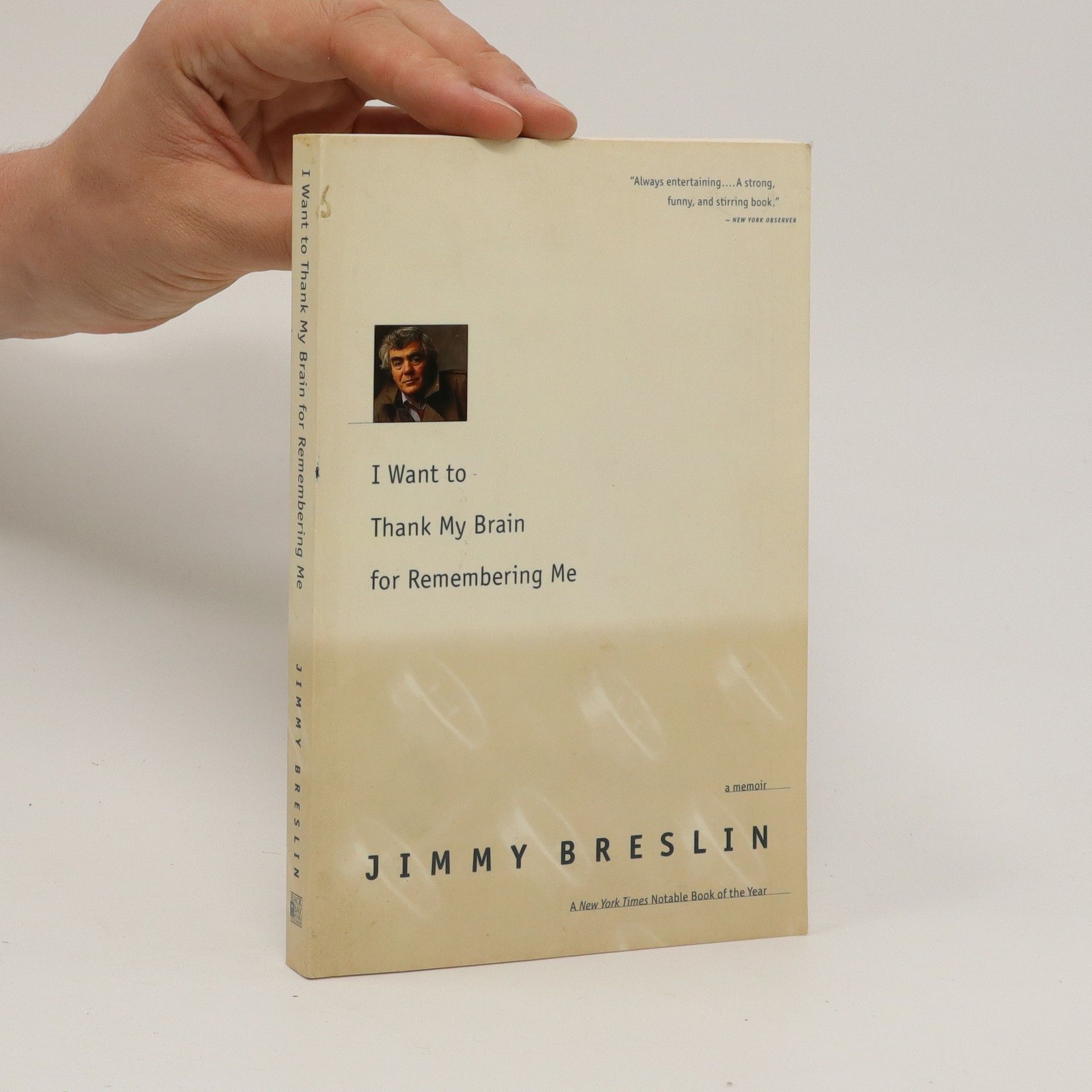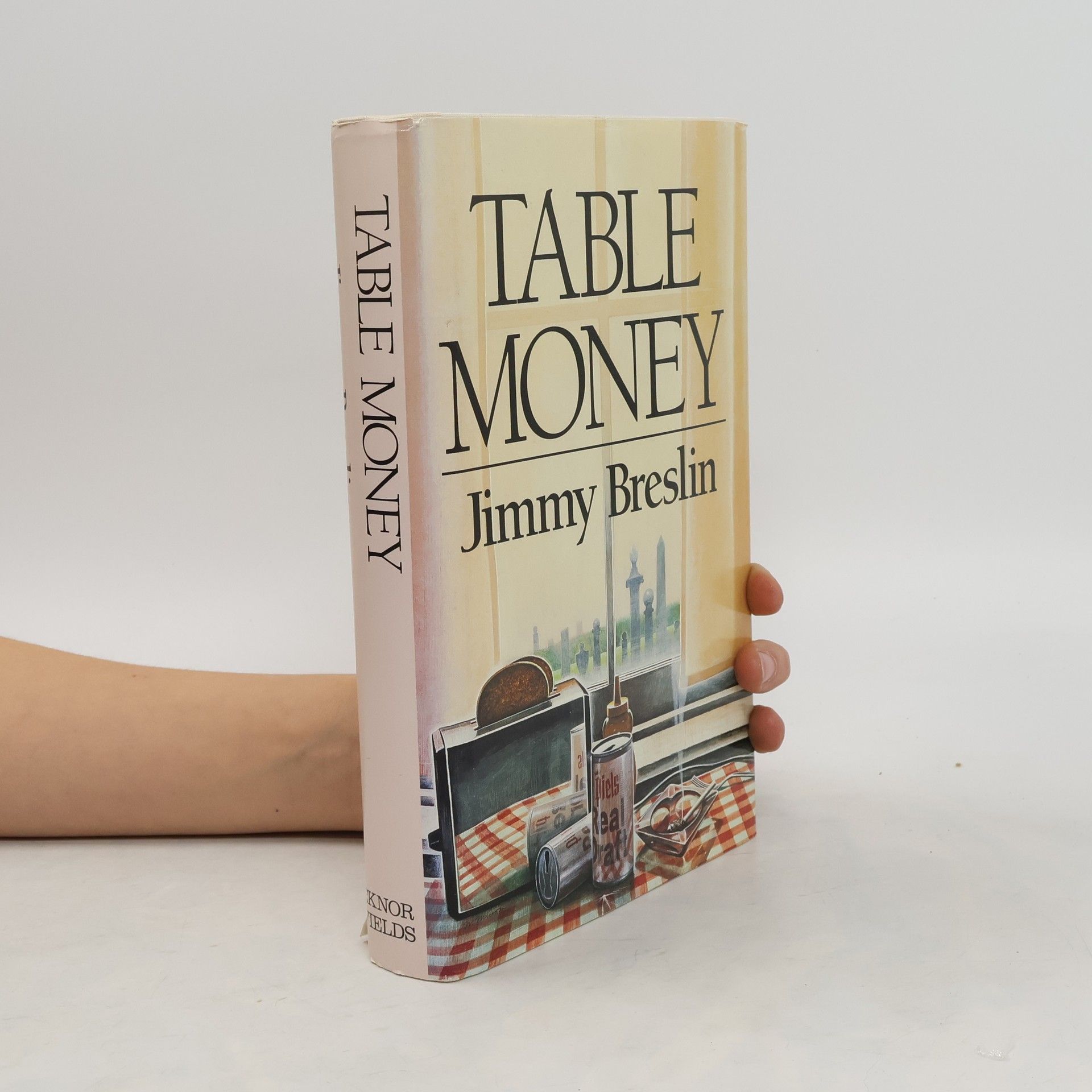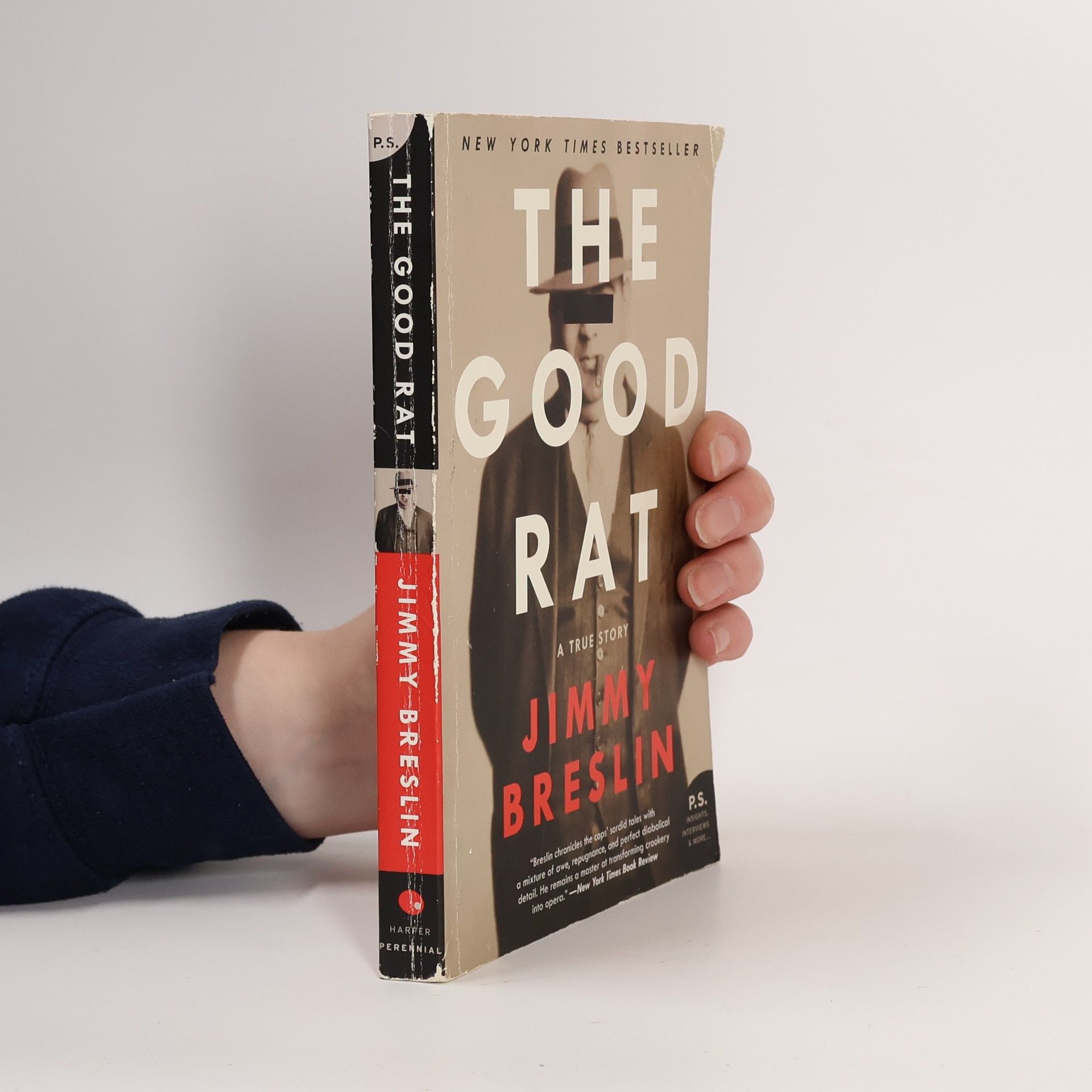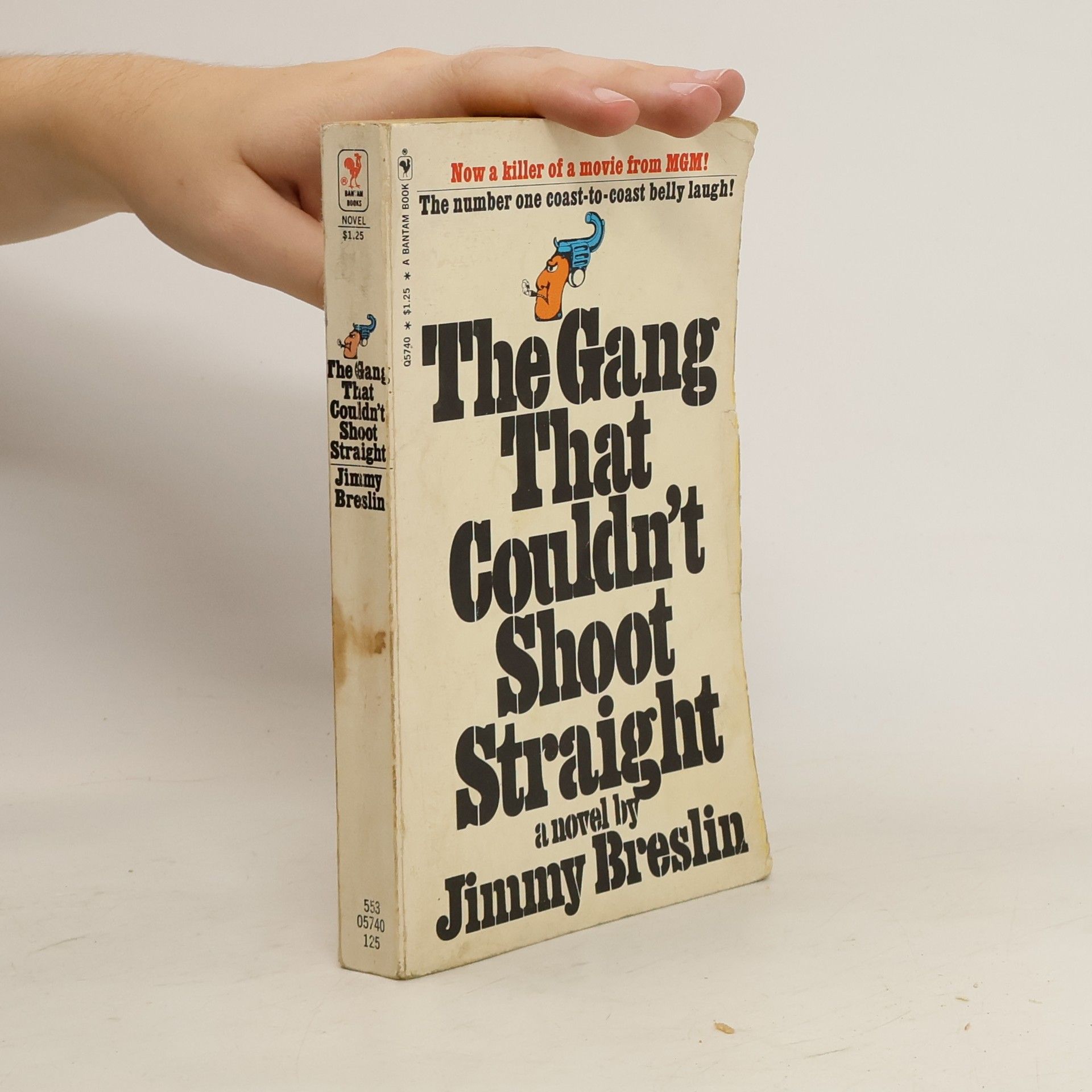Jimmy Breslin Bücher
Jimmy Breslin war ein mit dem Pulitzer-Preis ausgezeichneter amerikanischer Kolumnist und Autor. Sein Stil konzentrierte sich oft darauf, wie bedeutende Ereignisse oder die Handlungen "bemerkenswerter" Persönlichkeiten den "einfachen Mann" beeinflussen. Breslin erforschte menschliche Schicksale im Alltag und schaffte es, zum Wesen seiner Charaktere vorzudringen. Sein Schreiben war geprägt von rohem Realismus und einem tiefen Verständnis für Menschen am Rande der Gesellschaft.






In his inimitable New York voice, Pulitzer Prize winner Jimmy Breslin gives us a look through the keyhole at the people and places that define the Mafia—characters like John Gotti, Sammy "the Bull" Gravano, Anthony "Gaspipe" Casso (named for his weapon of choice), and Jimmy "the Clam" Eppolito—interwoven with the remarkable true-crime saga of the good rat himself, Burt Kaplan of Bensonhurst, Brooklyn, the star witness in the recent trial of two NYPD detectives indicted for carrying out eight gangland executions. Through these unforgettable real-life and long-forgotten Mafia stories, Jimmy Breslin captures the moments in which the mob was made and broken.
In 1970 Owney Morrison is back from Vietnam with a Congressional Medal of Honor, a wife, a baby, and a problem with alcohol. Owney blunders forth into a world of his own making, but a world, nonetheless, that wants no part of him. Returned to his Queens home in 1970 after winning a Congressional Medal of Honor in Vietnam, Owney Morrison works at digging tunnels during the day and escapes with drink at night--from everything, including his wife Dolores and their child
Branch Rickey's journey from humble beginnings in the Midwest to becoming the legendary manager of the Brooklyn Dodgers is vividly portrayed in this biography. Author Jimmy Breslin highlights Rickey's pivotal role in integrating baseball by signing Jackie Robinson, showcasing the transformative impact on the sport and American society. The narrative captures the excitement of baseball's rise as a national pastime, illustrating Rickey's dual nature as both a schemer and a visionary who sought to change the game and the country.
Call it a miracle, fate, pure luck, or just another day in the city where nothing is usual, but in 1991 Jimmy Breslin narrowly escaped death - which inspired him to write this book about his life. Two years ago, Breslin was having trouble getting his left eyelid to open and close. This was too peculiar to ignore, so Breslin decided to pay a rare visit to his doctor. As it turned out, the eyelid was a matter of nerves. But extensive testing revealed something unrelated and life-threatening: he had an aneurysm in his brain - a thin, ballooned artery wall that could burst and kill him at any moment unless he opted for a risky surgical procedure. Breslin agreed to the surgery and at age sixty-five, grateful for this miracle (what else could you call it?), began taking stock of his remarkable life.
A female Goodfellas—the true story of A supermodel turned getaway driver for the mob. All-American beauty Georgia Durante was one of the most photographed models in the country when she married mobster Joe Lamendola. It plunged her into a world she never dreamed of—and one she feared she’d never survive—as a getaway driver for the Mafia and an eyewitness to unspeakable violence, brutality, and murder, as she came to understand the terrifying risk of being married to the Mob.

